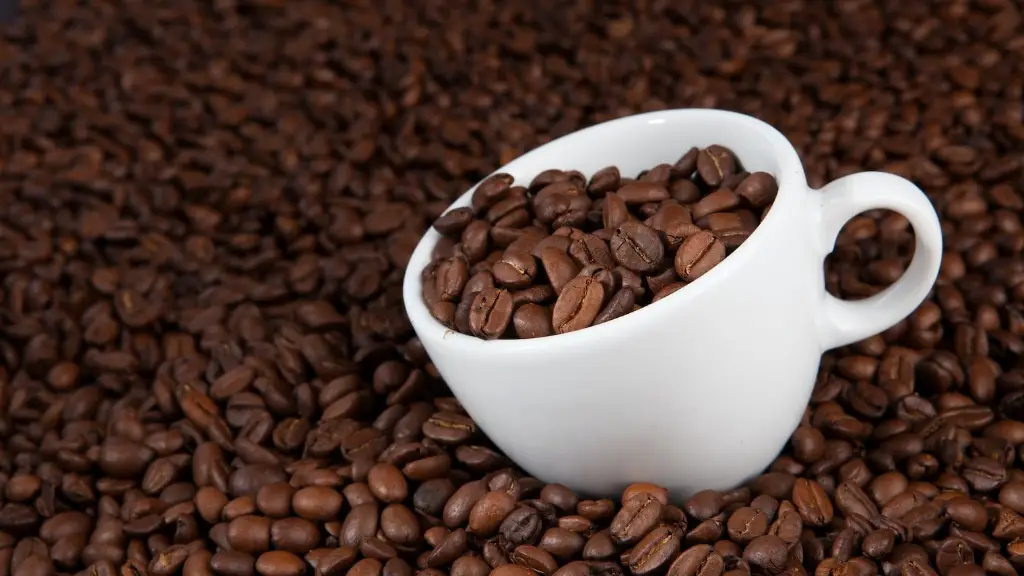Sipping a cup of coffee is often the first step to starting your morning. But when it comes to weight loss, is it the right move? Coffee and other caffeinated beverages can speed up the body’s metabolism which is an important part of weight management. However, that doesn’t mean you should grab the biggest cup of coffee and dive into your next snack. Like with anything, moderation is key.
Recent studies show that drinking coffee can benefit both your physical and mental health. Drinking coffee has been consistently linked to reduced risk of cardiovascular disease, type-2 diabetes, cancer, and liver injury, although more research is needed to understand the exact relationship. It has also been shown to improve cognitive performance and reduce stress.
Yet, there is controversy regarding coffee and weight loss; this stems from caffeine’s stimulatory effect on metabolism. While some studies show that coffee may help burn more fat, others suggest that its calorie content can make it difficult to maintain a healthy weight.
Coffee can help us burn fat, but the effects may be more subtle than initially thought. According to research, it may work by increasing resting energy expenditure, but only in small amounts. That’s because our metabolism, or the rate at which we burn calories, depends on several factors like genetics, age, health, and body composition.
Coffee itself has very few calories (around 2 in an 8oz cup). This can be beneficial for those trying to keep their calorie intake low. That being said, adding things like sugar or creamer will negate the benefits of drinking coffee for weight loss.
Drinking coffee in larger amounts or more often than once a day may not be beneficial for weight loss, according to research published in the Journal of the American College of Nutrition. This is because the body develops a tolerance to caffeine and its effects slowly diminish over time.
Coffee can also be too stimulating and lead to increased stress. When we are in a state of constant stress, the body produces more of a hormone called cortisol. High cortisol levels can lead to overeating and increased fat storage, which are not desirable if our goal is to lose weight.
Coffee and Diet
There is still much debate on coffee’s role in aiding weight loss efforts; however, many experts agree that incorporating it in a healthy diet is beneficial. When drinking coffee, it is important to remember to pair it with nutritious foods. This is because drinking coffee alone can lead to adverse effects such as indigestion, acid reflux, and other gastrointestinal issues. Eating healthy foods like fruits, veggies, and lean proteins in moderation will ensure that you get all the essential nutrients you need for a balanced diet.
It is also essential to practice portion control. Drinking too many cups of coffee or indulging in high-calorie coffee drinks can lead to weight gain. This is why it’s important to make sure you’re consuming the right amounts of healthy foods and beverages.
Coffee and Exercise
Regular physical activity is an important part of any weight loss journey. Studies show that coffee can be beneficial when it comes to exercising. Not only does it reduce fatigue and improve power output, but it also increases blood flow and muscle glycogen stores. Studies also suggest that coffee can reduce the perceived effort of exercise, meaning the same exercise may feel easier and more enjoyable while drinking coffee.
However, coffee can have different effects on different people and it is important to be mindful of your body’s response. Some may find coffee to be too stimulating and it can cause nausea, heart palpitations, insomnia, and other adverse effects. If you are sensitive to caffeine, it is best to seek professional advice or to reduce your daily intake.
It is also important to limit your caffeine intake before working out, especially if you’re a beginner or haven’t had coffee in awhile. Doing so can help you avoid the negative effects of caffeine and ensure you get the most out of your workout.
Alternatives to Coffee
Coffee is not the only way to increase your metabolism. Eating a balanced diet filled with fruits and vegetables, and exercising regularly are some of the best practices to lose weight.
Drinking green tea is another option if you’re looking to boost your metabolism without caffeine. It contains antioxidants that may help burn fat more efficiently. Additionally, some herbal teas can also help you to relax and keep your energy levels up throughout the day.
Consuming plenty of water is also essential for weight loss. It helps to flush out toxins and keeps your body hydrated. Additionally, it can suppress appetite and help you stay full for longer.
Staying Motivated
It is important to find a way to be consistent with your weight loss journey. This may mean setting goals and rewards or joining a support group. It is also important to stay positive and be mindful of your progress. Keeping a journal can help you track your progress and keep you motivated.
It is easy to feel overwhelmed or discouraged when trying to lose weight, but the most important thing is to keep going no matter what. Every step forward is an accomplishment and will help you reach your goals in the long run. Staying focused and motivated is the key to success and having a healthy lifestyle.
Final Thoughts
Drinking coffee can have both positive and negative effects on weight loss. In moderation, coffee can help speed up metabolism and provide other health benefits. Yet, it can also be over stimulating and excessive amounts can lead to increased stress and difficulty in maintaining a healthy weight.
Although coffee can be beneficial when trying to lose weight, it is important to remember that it is only one part of the health equation. Eating a balanced diet full of whole foods, drinking plenty of water, getting enough rest, and exercising regularly are all key elements of any weight loss journey.




